In a nod to Pres. Donald Trump, the U.S. Senate narrowly voted to block California’s ability to set unique emissions rules, a move critics say weakens the ability to address climate change. A court battle will likely determine whether the state will be blocked from mandating a switch to EVs by 2035.
For more than five decades, the state of California has had the ability under the Clean Air Act to set unique emissions rules. Normally tougher than federal guidelines, proponents claim the waiver served to spur innovation, especially in the automotive industry.
But the U.S. Senate late Thursday moved to curb California’s authority voting 51 to 44 to end that waiver, halting the state’s right to draft its own emissions regulations.
The move must still be repeated in the Republican-controlled House of Representatives, though it would likely then receive the signature from Pres. Donald Trump who began trying to wrest away California’s authority during his first term.
Among other things, the end of the waiver would eliminate the clear air guidelines set by the California Air Resources Board that, as they now stand, would force a wholesale shift from internal combustion to battery-electric propulsion by 2035. It could short-circuit the rise of EVs, critics contend.
CARB vows to fight change
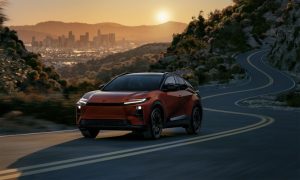
Proponents fear the Senate move will slow down adoption of EVs, such as the new Toyota C-HR revealed this week.
After the narrow vote in the Senate, the California Air Resources Board, or CARB, vowed to take the Trump administration to court to protect the state’s Clean Air Act waivers for Advanced Clean Cars II, Advanced Clean Trucks and Heavy-Duty Engine and Vehicle Omnibus using the Congressional Review Act.
“California profoundly disagrees with today’s unconstitutional, illegal, and foolish vote attempting to undermine critical clean air protections,” said CARB chair Liane Randolph. “It’s an assault on states’ rights the federal administration claims to support that puts national air quality standards out of reach and will have devastating effects for the 150 million Americans who breathe unhealthy air every day.
“This short-sighted political move is another strike against the long-term competitiveness of the U.S. auto industry in a global market that is rapidly advancing toward cleaner combustion technology as well as zero-emission vehicles. These actions throw uncertainty into the middle of an ongoing vehicle certification process,” Randolph’s statement added.
Even before the Senate vote, the California legislature had set aside millions of dollars to fight changes in state regulations pushed by the Trump administration.
Trump promised change to California rules
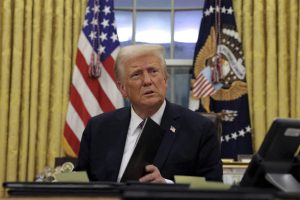
Pres. Donald Trump first attempted to end the California waiver during his first term but was blocked in court.
This isn’t the first assault on the California waiver and other pro-EV efforts by Pres. Trump.
During his first administration, Trump attempted to roll back the fuel-economy standards imposed on the auto industry by the Obama administration, which also was interested in curbing the emission of the greenhouse gases, which contribute to climate change. California resisted and several automakers such as Ford Motor Co., Honda and BMW eventually sided with California and supported the emission controls. A direct effort to repeal the Clean Air waiver, meanwhile, was blocked in court.
The new Trump administration has described the rules in California as a mandate for EVs. It’s position has been guided by the American Heritage Foundation, which argues that the fuel-economy standards administered by the Department of Transportation and the National Highway Transportation Safety Administration should not be concerned with Climate Change or the control of greenhouse gas emissions.
The push to eliminate the waiver has had mixed support among automakers, such as General Motors, who say they’d prefer a single national standard on clean air and fuel economy.
More Auto News
- Review: 2026 Toyota bZ Has More Power, Longer Range, Shorter Name
- Tesla v Waymo: Get Set for Battle of Robocabs
- Honda Slashes EV Investments Due to “Market Slowdown”
Environmentalists fight back
Whether the vote in the Senate will stand is uncertain as lawmakers overruled the guidance of their own parliamentarian who said the move violated the chamber’s own rules.
Joanna Slaney, vice president for political and government affairs for the Environmental Defense Fund, which supports California’s mandate, said, “Republicans twisted the Senate’s own rules, preventing millions of people from breathing cleaner air.
“This maneuver denies California’s right to decide how best to protect the health and safety of its residents,” Slaney said. “The effort to misuse this procedural tool now is not only unlawful but will invite future disregard of clear boundaries in the Senate.”
The EDF and other critics took aim at Senate majority leader, Sen. John Thune (R-SD) for allowing the vote to go forward, while also calling out EPA Administrator Lee Zeldin for what they said was his own abuse of authority. The group is expected to sign on in what many see as a coming court battle.
Car and truck dealers hail Senate move
The Senate resolution was praised by car and truck dealers who described it as a major victory for their business.
“The Senate this morning voted to revoke California’s ability to ban gas-powered cars and hybrids. This vote has national repercussions as it will help protect affordability and availability in all 50 states,” the National Automobile Dealers Association said in a statement.
American Truck Dealers (ATD) President Jacqueline Gelb, also praised the Senate vote, saying, “The importance of these critical votes cannot be overstated. California’s onerous regulations have upended the trucking industry in CARB states through rationing of diesel trucks and forcing adoption of zero-emission technologies that don’t meet the performance and durability requirements for the industry.”

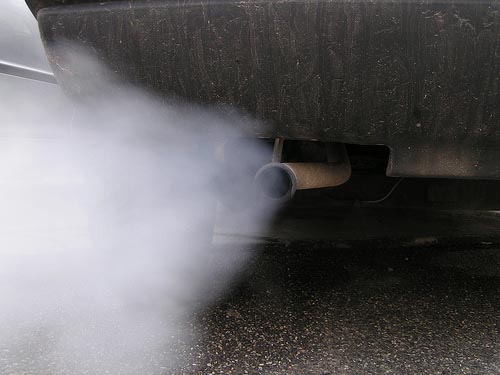
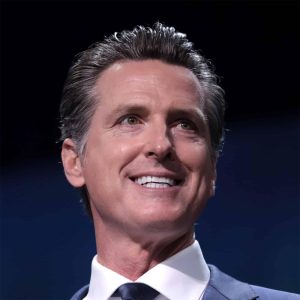
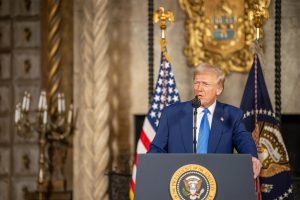
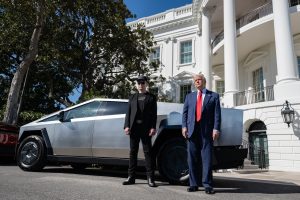
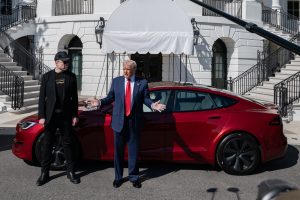
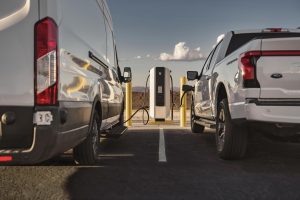
0 Comments